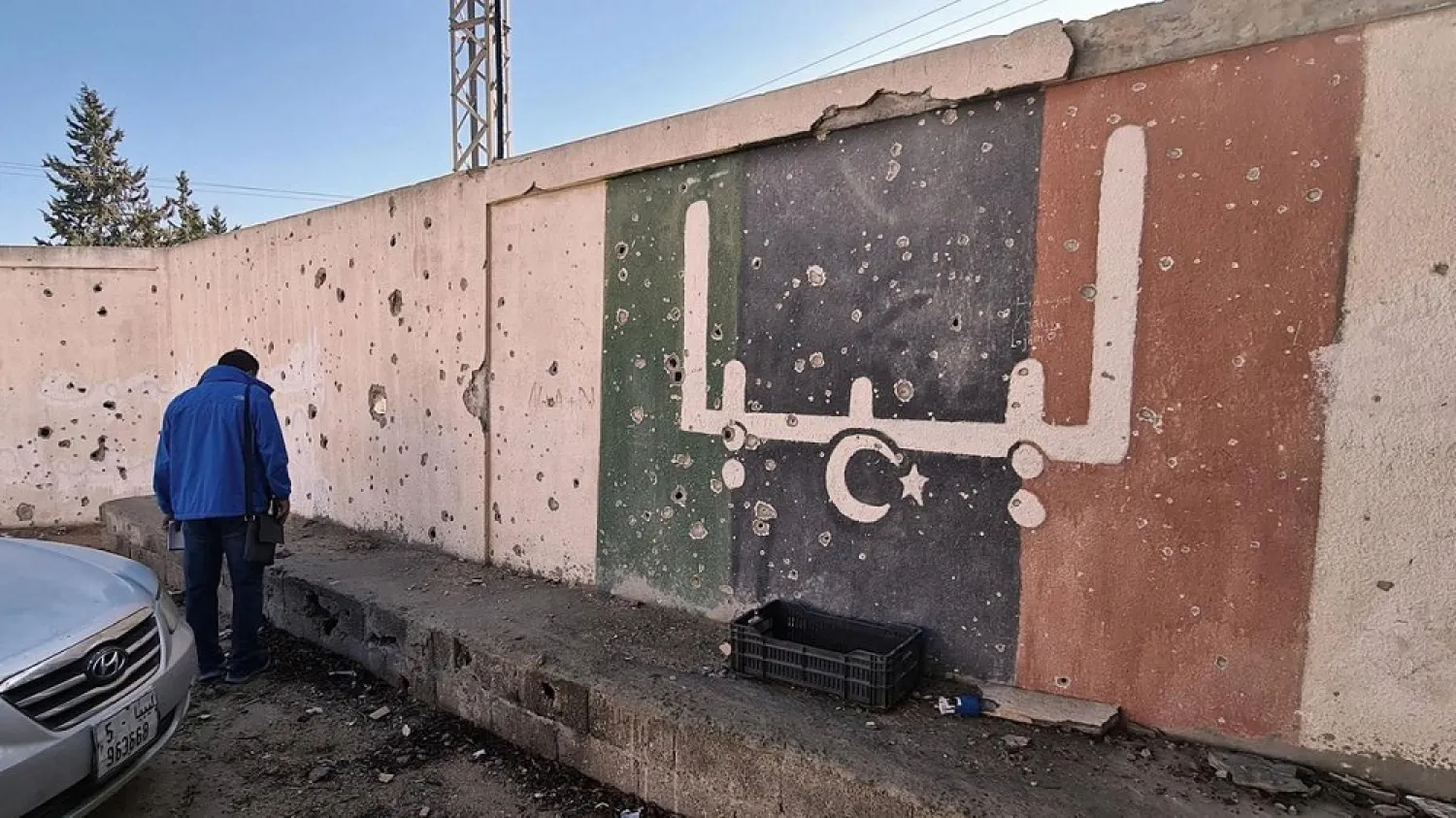Despite international and regional efforts to reach a political solution to the crisis in Libya, Libyan National Army (LNA) commander Khalifa Haftar continued to amass his forces, amid assertions from a Government of National Accord (GNA) commander that its troops were prepared for war.
LNA media said on Thursday that its 73rd infantry unit was preparing its forces and tanks to carry out Haftar’s orders.
Moreover, a military commander said that “colonial forces” – meaning Turkey – and their backers “of traitors and mercenary agents” were operating in western Libya, where the LNA is based.
He urged the army to remain on constant alert and “take advantage of every moment to prepare and wait for further instructions.”
The LNA also announced that it was recruiting new members to its 106th brigade.
Meanwhile, a commander from the GNA’s Sirte and al-Jufra operations command center said the forces were “fully” prepared to fight, warning that Haftar’s troops may attack at any moment.
He added that the war was still ongoing, revealing that the GNA forces were preparing for the worst.
He accused the LNA of continuing to bring in more weapons and mercenaries to the Sirte and Jufra areas, saying the GNA has detected its military activity.
Moreover, he said that the reopening of the coastal road that links western and eastern Libya hinges on the withdrawal of mercenaries and the removal of landmines.
Separately, deputy chief of the GNA’s Presidential Council, Ahmed Maiteeq was in Moscow for talks with Russian Minister of Trade and Industry Denis Manturov.
The officials agreed to reactivate agreements that have been suspended since 2008. They cover the areas of energy, electricity, health and basic infrastructure.
Maiteeq also held talks with Foreign Minister Sergei Lavrov on the latest efforts to reach a settlement in Libya.
Meanwhile, the US embassy in Libya condemned the fighting that erupted between pro-GNA militias in Tripoli on Thursday.
“Military posturing and violence by armed groups, such as we have seen in Tripoli (…) are incompatible with the Libyan people’s aspirations for change,” it said in a briefing before the United Nations Security Council.
“There is a viable path to end the Libya conflict and prepare for elections this year,” it stressed.
Acting UN envoy to Libya Stephanie Williams said before the Council that the ceasefire signed in Geneva on October 23 “continues to be observed and that the 5+5 Joint Military Commission (JMC) remains active. The professionalism and selfless commitment of its members is exemplary.
“The JMC reiterated in a public statement the need for the immediate repatriation of all mercenaries and foreign fighter from the entire Libyan territories.
“I welcome the JMC’s determination, though I am concerned by continued fortifications and defensive positions created by the Libyan Arab Armed Forces (LAAF) inside Gardabiya Airbase in Sirte and along the Sirte-Jufra axis in central Libya. Air cargo activities continued with flights reaching Libya’s western region and GNA military bases and airbases. In the southern region, there was an increase in assets and activities in the airbases seemingly aimed at strengthening LAAF presence and control. These activities undermine the 5+5 process,” she warned in her final briefing before the end of her mission.
She called on the GNA and LNA to “fully assume their responsibilities and fully implement the ceasefire agreement.”









